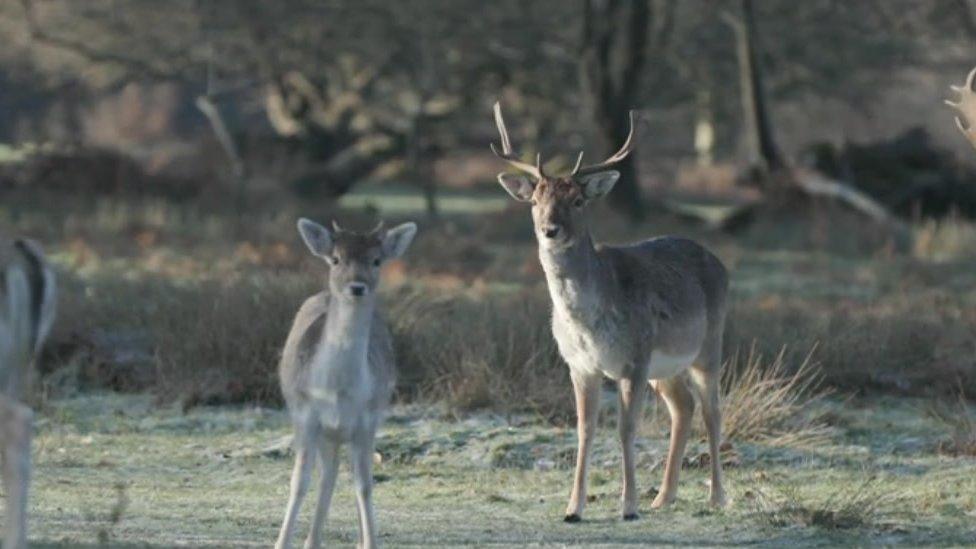About 170,000 meals donated in deer culling scheme
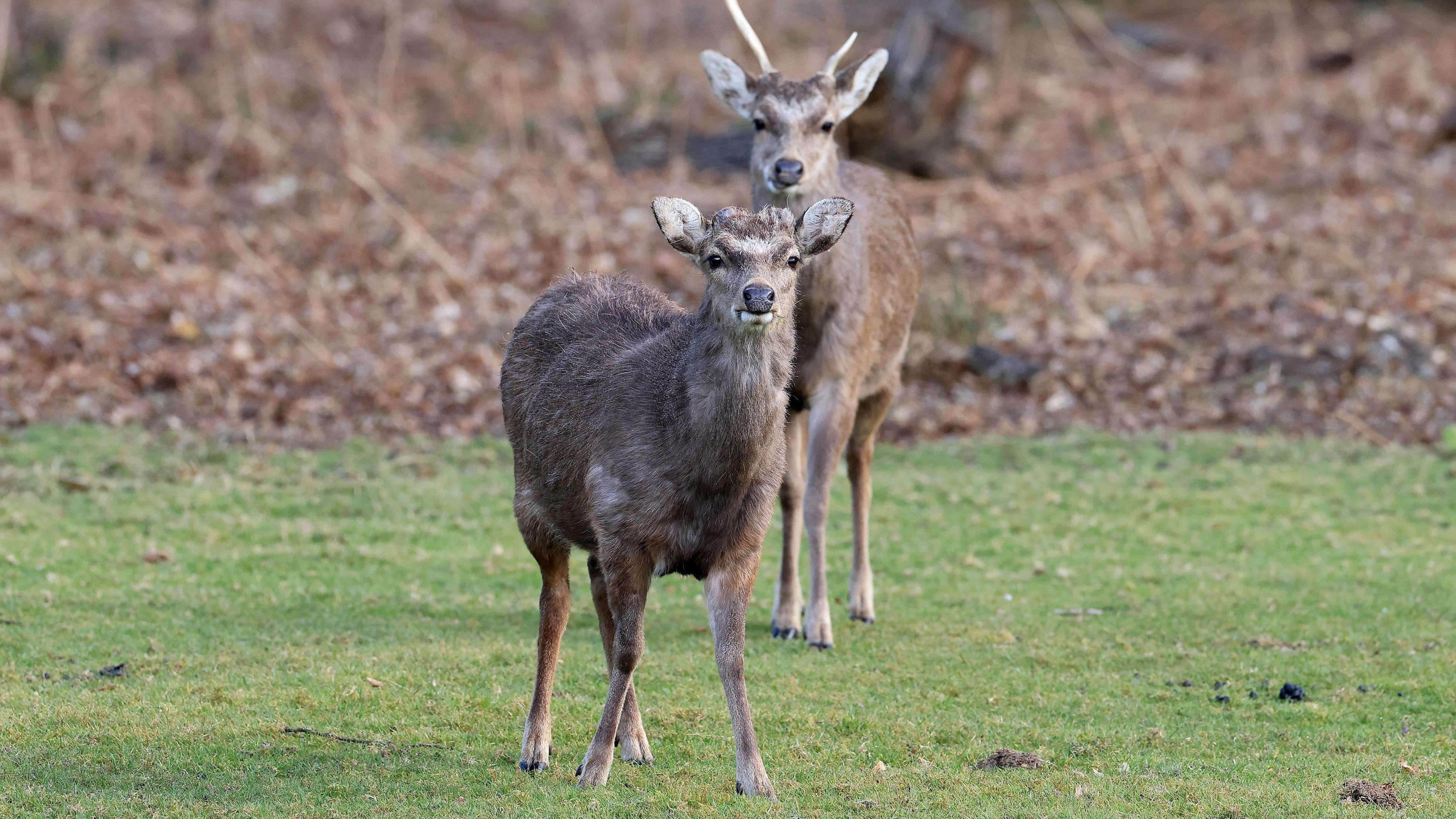
About 170,000 meals have been donated through a deer culling scheme
- Published
About 170,000 meals have been donated to foodbanks, community kitchens and homeless shelters through a deer culling scheme in East Sussex.
In the most recent season, between November and March, 884 fallow doe were culled in Ashdown Forest, made famous by AA Milne's Winnie the Pooh and his fictional home 100-Acre-Wood.
SJ Thomas, chief executive of food poverty charity The Country Food Trust, said: "Protein is the most expensive food group, it's therefore the least likely to be donated to a foodbank."
Animal rights group Peta said the deer population did not need to be managed and that culling caused a "rebound" as it led to a spike in the food supply for the surviving animals.
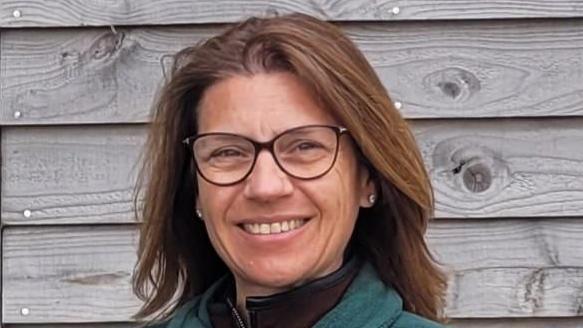
SJ Thomas, chief executive of The Country Food Trust, said protein was the least likely food group to be donated to foodbanks
The most recent season was the first time the meat had been donated through The Country Food Trust, with almost 70 foodbanks benefiting, the charity said.
It has already been agreed that the scheme will continue during the next culling season.
Deer are culled as over-grazing can prevent the regeneration of woodland, which can have a knock-on impact on other species - including dormice and butterflies, the charity added.
Ms Thomas said there were an estimated two million deer in the country and 750,000 needed to be culled every year in order to keep the population under control.
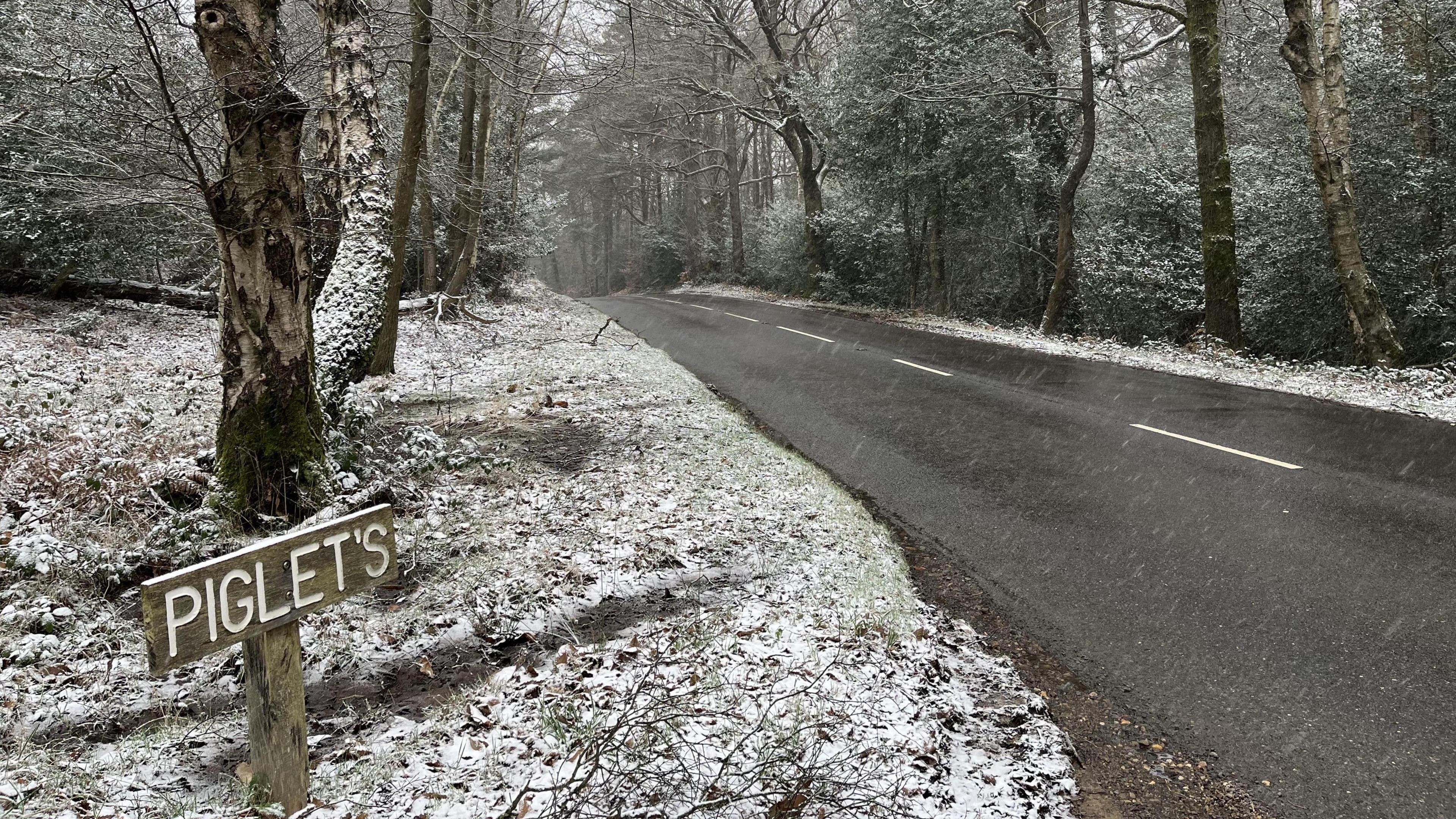
Ashdown Forest was the inspiration for the setting of the Winnie the Pooh books
At the start of 2024, the deer population in Ashdown Forest was estimated to be three-times higher than what it should have been.
Ms Thomas said: "By us culling 884 fallow does, it's the equivalent of saving 40,000 deer being on the land in the next 10 years."
The charity has been in talks with other locations across the UK to see if similar food donation schemes can be put in place.
"I'm making sure that the food goes to people in need," Ms Thomas added.
A Peta spokesperson said: "If killing actually reduced animal populations, lethal methods wouldn't be proposed year after year.
"Humans owe it to these gentle animals, whose habitat has been taken from them, to find humane, sustainable methods of population control – and that doesn't mean gunning them down and using them as sandwich filler."
The Ashdown Forest Trust has been contacted for a comment.
Follow BBC Sussex on Facebook, external, on X, external, and on Instagram, external. Send your story ideas to southeasttoday@bbc.co.uk , external or WhatsApp us on 08081 002250.
Related topics
- Published8 January 2024
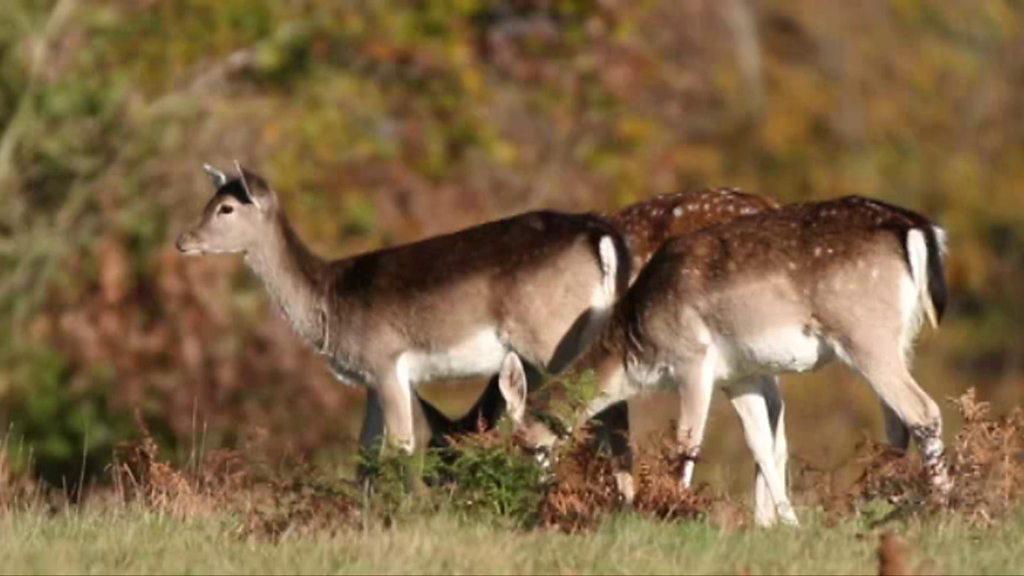
- Published4 October 2024
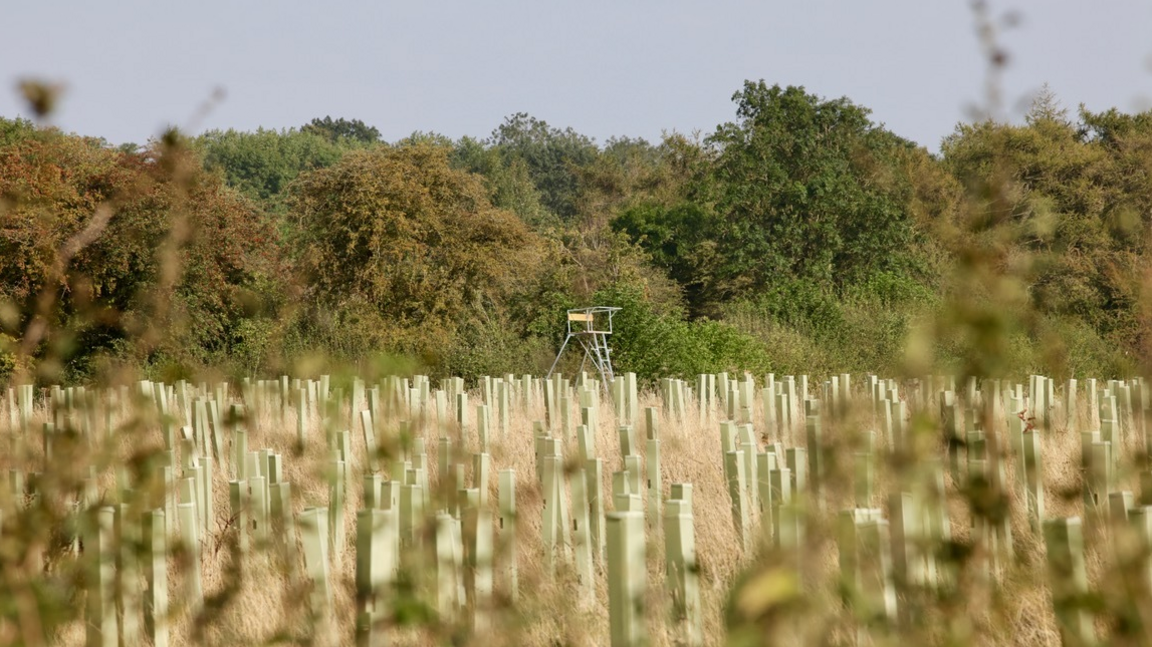
- Published26 January 2023
